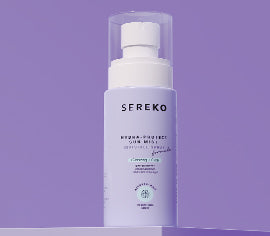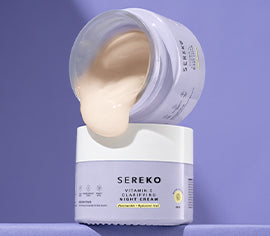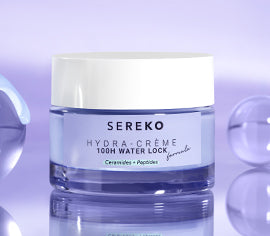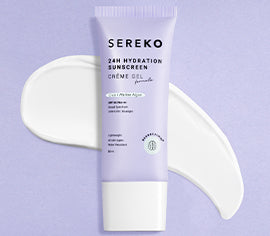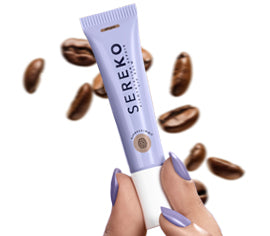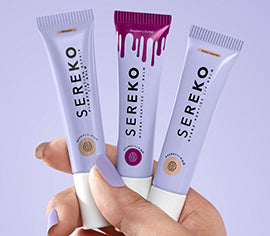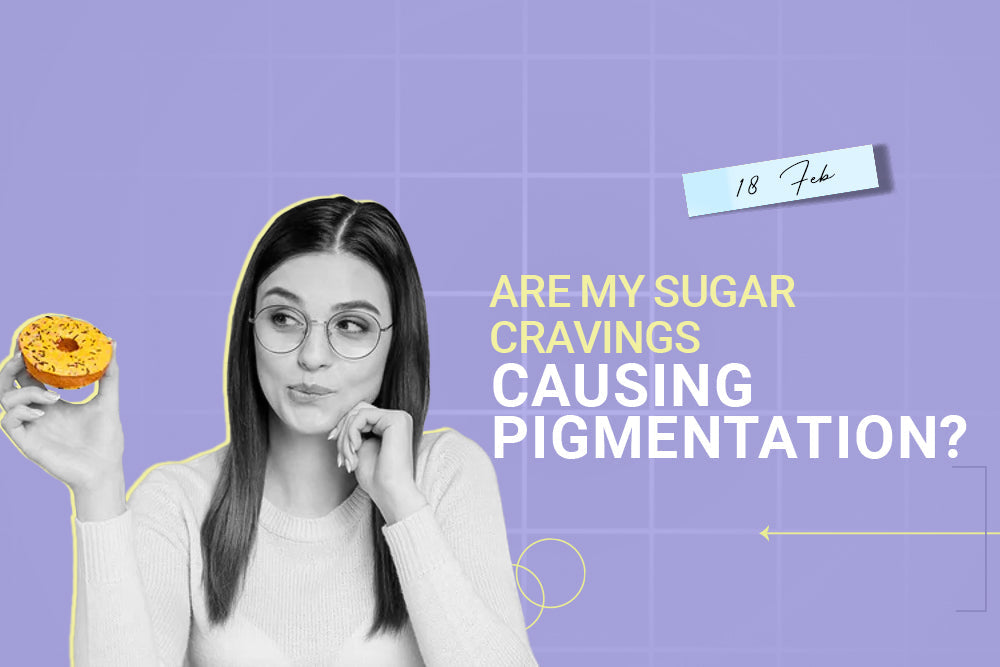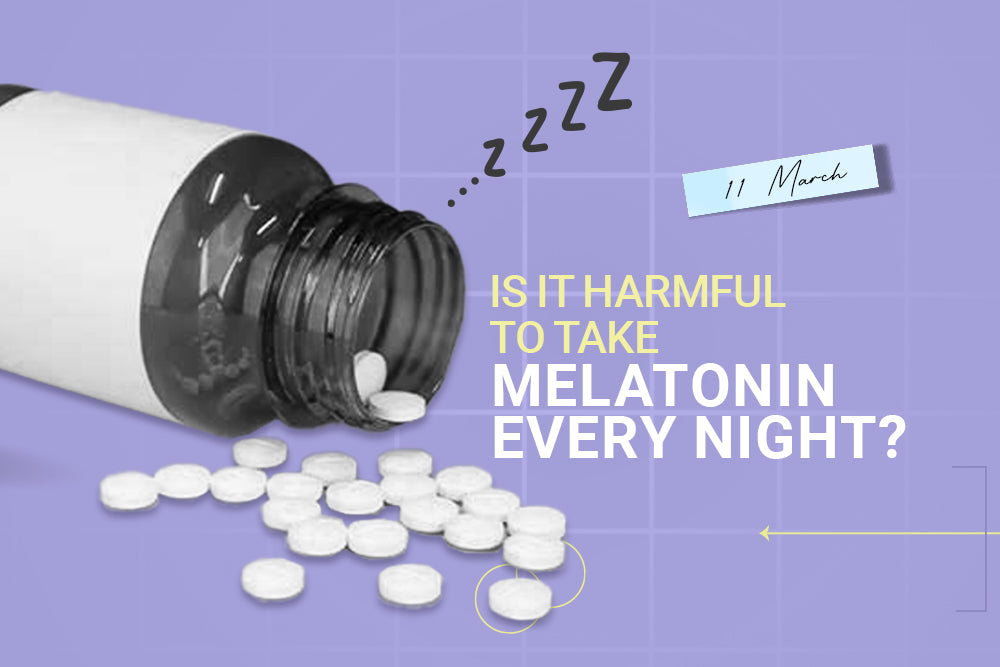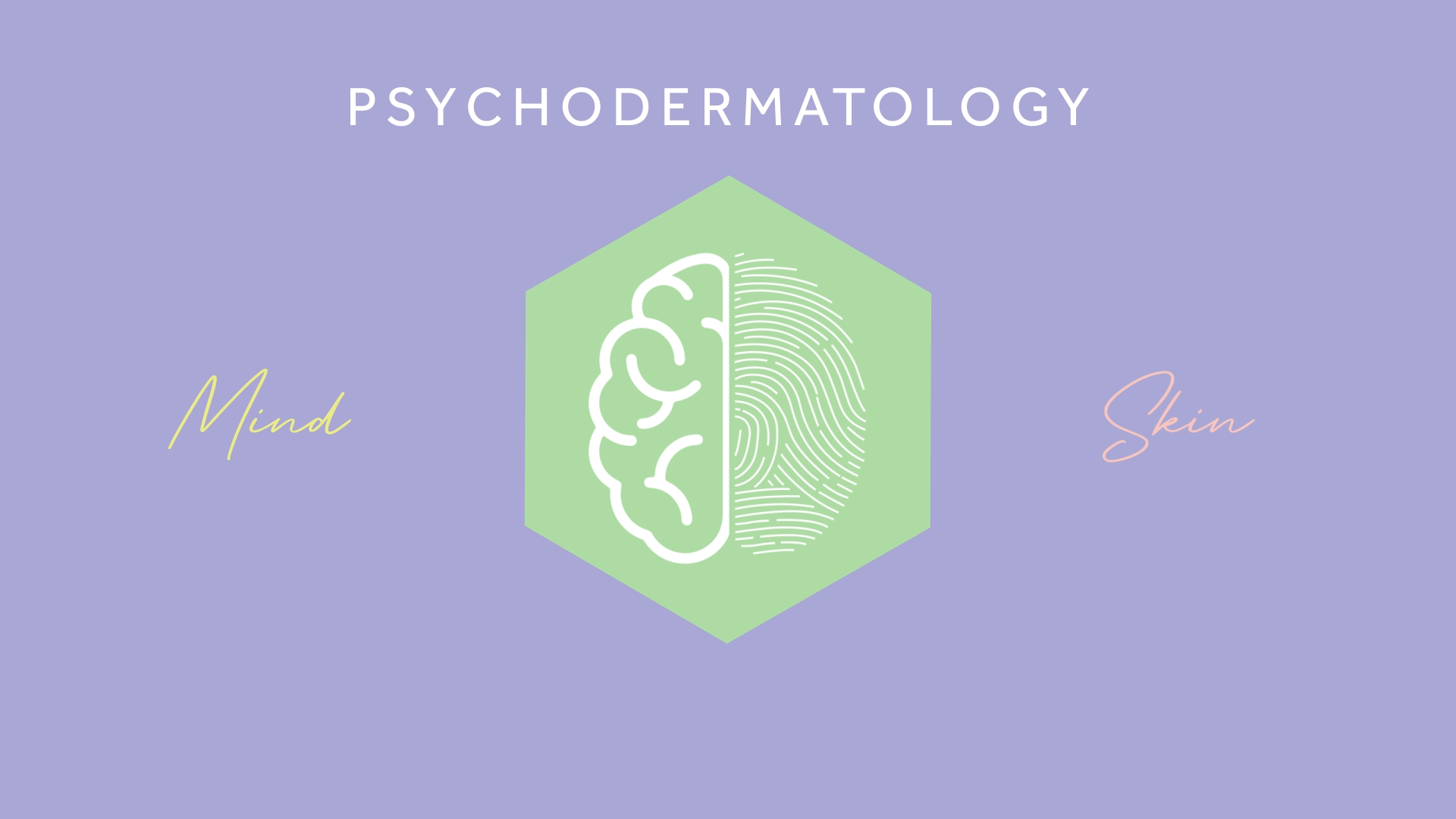Ever wondered if your sweet tooth could be affecting your skin? While sugar cravings are totally normal, indulging in too much sugar may do more than just spike your energy levels; it could also be contributing to pigmentation issues. Let’s break it down.
How Sugar Affects Your Skin?
When you consume excess sugar, it triggers a process called glycation, where sugar molecules bind to proteins like collagen and elastin. This leads to the formation of advanced glycation end products (AGEs), which accelerate aging, cause inflammation, and weaken the skin barrier. As a result, your skin becomes more prone to dullness, wrinkles, and uneven skin tone.
The Sugar-Pigmentation Connection
Inflammation caused by high sugar intake can also trigger an overproduction of melanin, the pigment responsible for dark spots and uneven skin tone. If you’re already dealing with hyperpigmentation from sun exposure, acne scars, or hormonal changes, too much sugar could make it worse by intensifying these dark patches.
Signs Your Skin May Be Reacting to Sugar
- Increased breakouts and slow healing
- More pronounced dark spots or uneven skin tone
- Dull, tired-looking skin
- Loss of firmness and elasticity
Skincare Recommendations
Managing your diet is important, but pairing it with the right skincare can help minimize pigmentation and keep your skin glowing:
- A good serum can help brighten dull skin, fade dark spots, and restore skin elasticity. SEREKO Vitamin C Serum, formulated with Acerola Cherry (Vitamin C), Niacinamide, and Bakuchiol, works to improve skin tone while also fighting signs of aging and boosting skin firmness.
- Gentle exfoliation with AHAs or BHAs helps remove dead skin cells and speed up skin renewal, preventing excess melanin buildup.

-
Keeping your skin well-hydrated is key to a healthy complexion. Vitamin C Clarifying Night Cream harnesses the power of Acerola Cherry (Vitamin C) to brighten dull skin, Niacinamide to fade dark spots and pigmentation, and Hyaluronic Acid to attract and retain moisture, delivering an even, radiant glow by morning.
- Daily SPF application is essential to prevent further pigmentation caused by sun exposure.
How to Keep Sugar in Check (Without Giving It Up!)
You don’t have to say goodbye to desserts forever. Here’s how to balance your sugar intake while keeping your skin healthy:
- Opt for natural sugars like fruits, which come with skin-loving vitamins and antioxidants.
- Stay hydrated to help flush out excess sugar and keep your skin plump.
- Support your skin with antioxidants (like vitamin C and E) to fight inflammation and brighten your complexion.
- Balance your meals with proteins, healthy fats, and fiber to prevent sugar spikes that could impact your skin.
Conclusion
While sugar cravings aren’t the sole cause of pigmentation, too much sugar can contribute to skin inflammation and worsen existing dark spots. Keeping an eye on your diet and making small adjustments can help you achieve a clearer, more radiant complexion without completely ditching your favorite treats.


